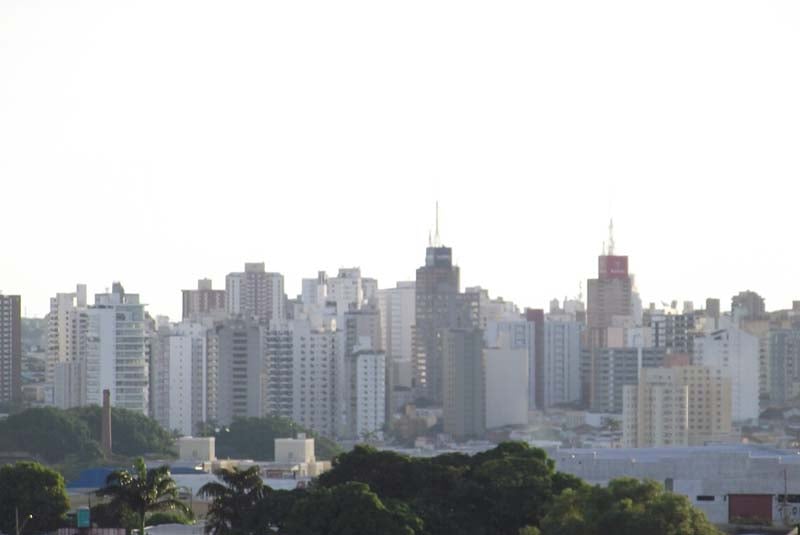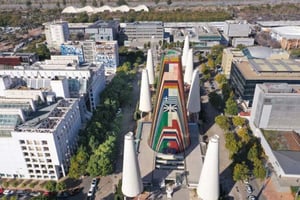The city of São José do Rio Preto in São Paulo state has initiated the “Smart Rio Preto” public-private partnership (PPP) to deploy an integrated urban-infrastructure upgrade. The project will encompass LED street-lighting replacement, adoption of telegestion (remote-management) systems, installation of approximately 3,000 intelligent video-surveillance cameras (with facial and license-plate recognition) and full synchronisation of the city’s 614 existing traffic signals plus installation of 40 new ones in the first contract year.
Under the PPP terms, the concession spans 30 years (until 2055) and carries a projected gross cost of R$ 1.7 billion (≈ €305 million). Of this, the private-sector partner is set to invest about R$ 463.9 million (≈ €83 million), with the municipality committing around R$ 1.75 billion (≈ €314 million) across the contract life.
Lighting upgrades include replacing all of the city’s approximately 70,000 luminaires with LED fixtures within 18 months, plus the addition of around 8,000 new lighting points (bringing the total to about 78,000). The modernised system is expected to cut energy consumption by roughly 55 %, generating annual savings of about R$ 19 million (≈ €3.4 million), which will help fund the PPP without extra burden on the municipal budget.
The model also centres on a new Operational Control Centre (Centro de Controle Operacional) that will integrate lighting, traffic-signal and camera systems, and coordinate with public-safety agencies. The aim is to improve mobility, reduce congestion, and enhance security through smarter, data-driven operations.
The city administration says the PPP framework enables the project to be self-financing via cost-savings and dedicated lighting-fees rather than additional taxation, thereby positioning São José do Rio Preto as a national example for urban-smart-infrastructure initiatives.









